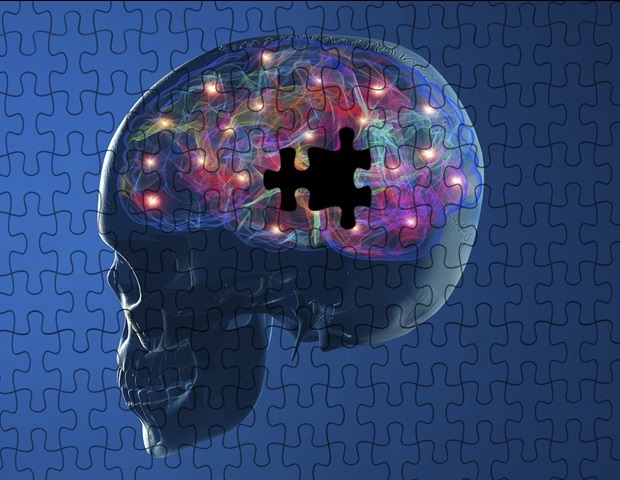
In an effort to shut the hole in neurological outcomes for underserved populations, a UTHealth Houston mission funded with $2.9 million from the Nationwide Institutes of Well being (NIH) will interact group companions to enhance the design of medical trials.
Neurologic circumstances together with stroke, Parkinson’s illness, and vascular cognitive impairment and dementia contribute to the main causes of demise and incapacity within the U.S. The purpose of the mission is to construct an infrastructure for community-engaged analysis interventions for these three neurologic circumstances affecting mind well being.
Traditionally, medical trials for neurological circumstances have not constantly or holistically included the voice of underserved communities that shoulder the most important burden of illness. If group enter is a part of the analysis plan from the start, the medical trial will extra probably embrace a broader affected person inhabitants, and analysis findings and outcomes shall be extra relevant to the broader vary of sufferers affected by the circumstances.”
Anjail Z. Sharrief, MD, MPH, principal investigator for the trial and professor with the Division of Neurology in McGovern Medical College at UTHealth Houston
For instance, Sharrief mentioned, designing medical trials that require sufferers to return into the clinic through the work week as a substitute of Saturdays limits the flexibility of lower-wage earners who would lose earnings by collaborating. Comply with-up televisits as a substitute of in-person visits additionally make a medical trial simpler for individuals to hitch. Together with funding for transportation and bilingual analysis workers would additionally make it extra doable for individuals from underserved communities to take part.
“We frequently develop trials for what we, the researchers, are capable of do, not what the group is ready to do,” Sharrief mentioned.
The mission will set up a Mind Well being Fairness Collaborative to facilitate the educational and group partnerships for medical trial improvement. The collaborative will embrace a group advisory board to assessment consent varieties, evaluation questions, and different elements of a analysis trial to make sure they’re relatable to a variety of sufferers. A group oversight committee will be sure that affected person and caregiver voices are being heard and that trials are adhering to protocols for group engagement.
“While you can not recruit sufferers from sure communities to take part in a medical trial, it is not merely a difficulty of belief or curiosity – you have made it too onerous for them to take part,” Sharrief mentioned. “That is tremendous thrilling as a result of it marries our ardour for analysis with our dedication to group engagement and empowerment.”
Neighborhood companions embrace ProSalud, Gulfton Dwelling Neighborhood, African American Male Wellness Company, and the Christopher Pichon II Basis.
Co-investigators for the trial from the Division of Neurology at McGovern Medical College are Elizabeth Noser, MD, affiliate professor and James C. Grotta, MD Chair in Neurological Restoration and Stroke; Chigozirim Izeogu, MD, MPH, assistant professor; Mya Schiess, MD, professor, director of Motion Problems and Neurodegenerative Illnesses, and Adriana Blood Distinguished Chair in Neurology; Shivika Chandra, MD, affiliate professor and chief of neurology at Harris Well being Lyndon B. Johnson Hospital; and Kendra Anderson, PhD, assistant professor.
Different co-investigators are Jose-Miguel Yamal, PhD, affiliate professor of biostatistics at UTHealth Houston College of Public Well being; Amy Franklin, PhD, affiliate professor and affiliate dean for Pupil, School, and Neighborhood Affairs at McWilliams College of Biomedical Informatics at UTHealth Houston; and Logan Thornton, DrPH, MPH, director of Inhabitants Well being and Proof-Primarily based Follow Healthcare Transformation Initiatives at UT Physicians.
Yamal is a member of The College of Texas MD Anderson Most cancers Heart UTHealth Houston Graduate College of Biomedical Sciences. Sharrief, Yamal, Noser, and Anderson are members of the UTHealth Houston Institute for Stroke and Cerebrovascular Illnesses.
Funding got here from the Nationwide Institute of Neurological Problems and Stroke (1R01NS40001-01), a part of the NIH.
